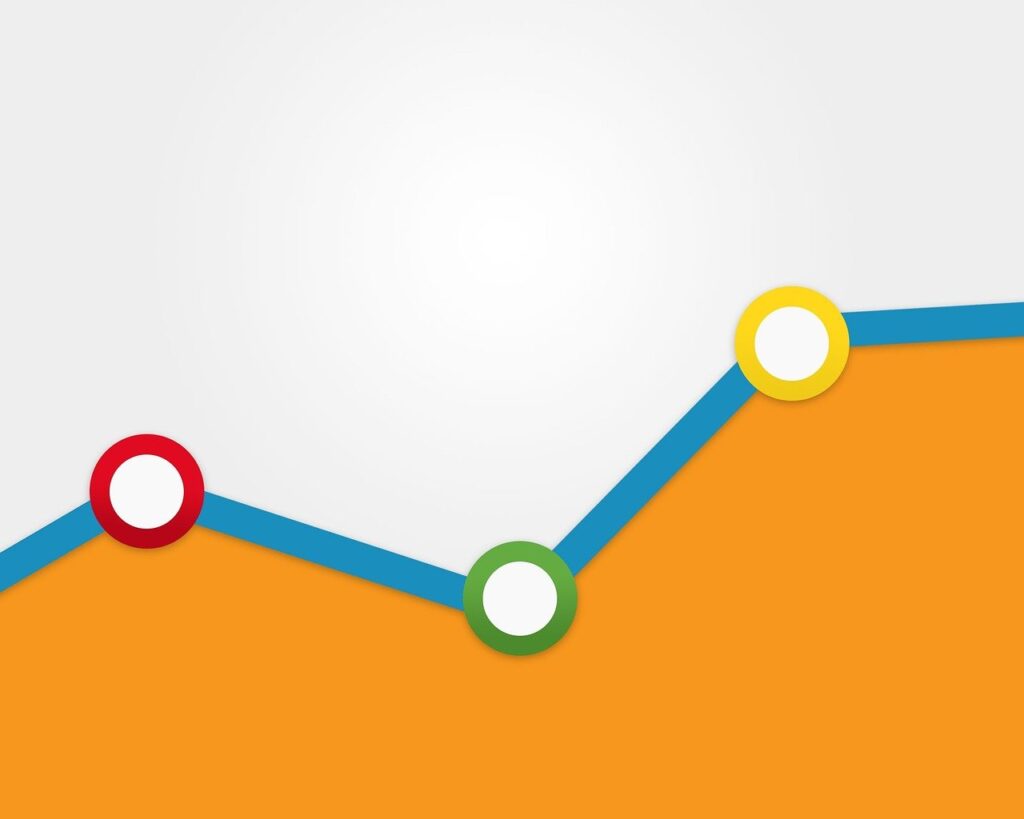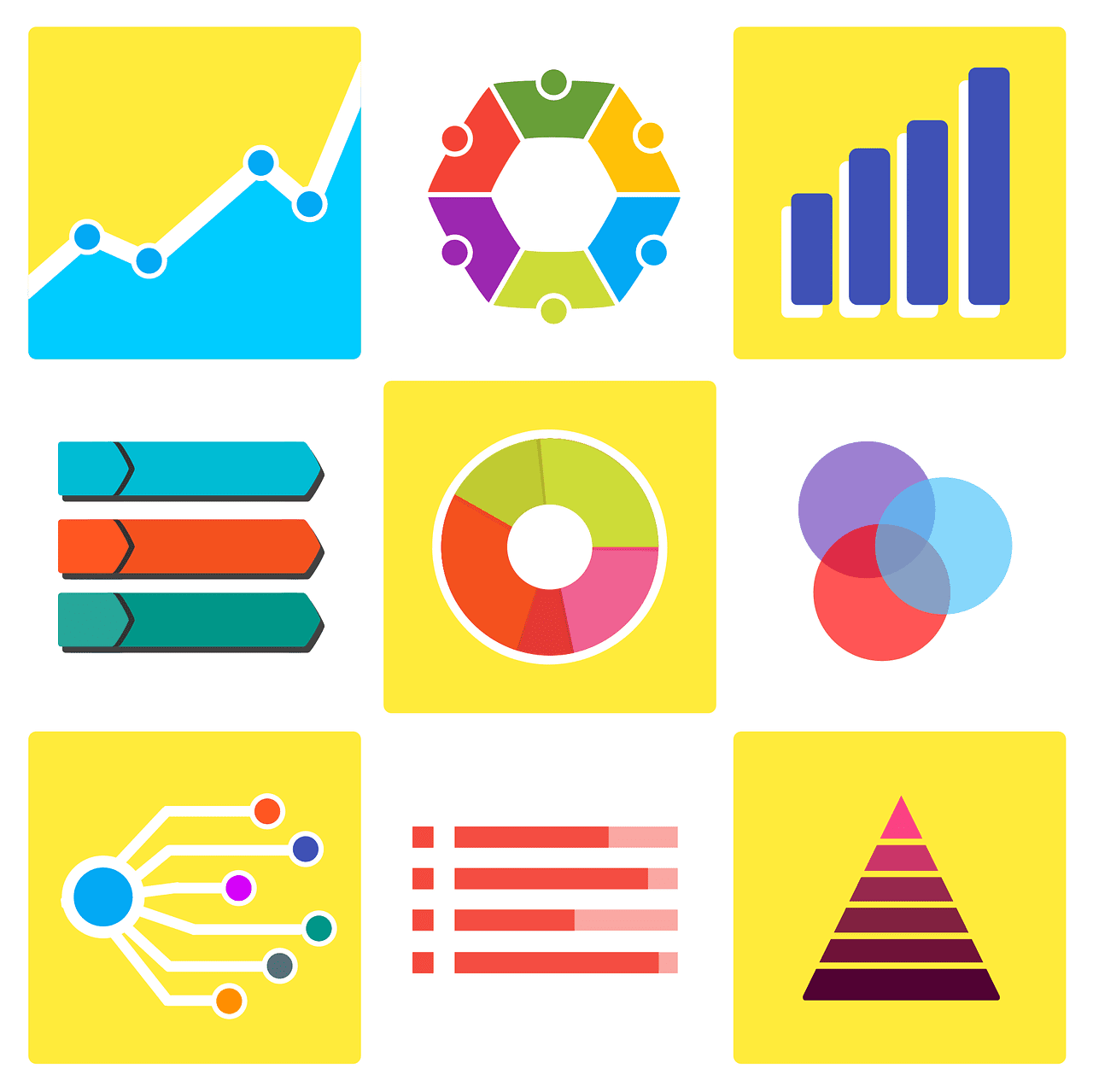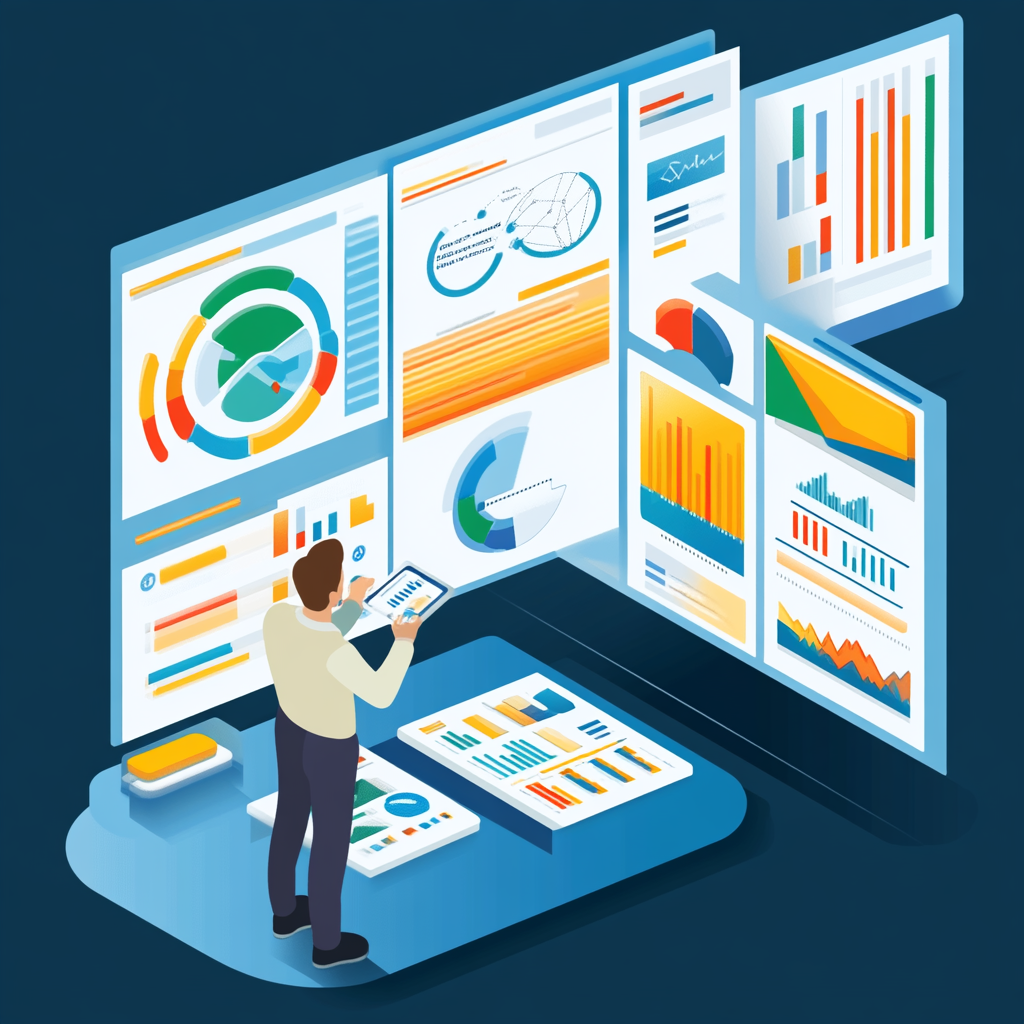Disclosure:
Some of the links on this website are affiliate links, which means that if you click on one of the links and sign up or make a purchase, we may earn a small commission at no additional cost to you. This commission helps support the maintenance and operation of this site.
We only recommend products or services that we believe will provide value to our readers. Our opinions and recommendations are based on our own research and experiences, and we strive to offer honest and unbiased content.
Please note that your support through these affiliate links is greatly appreciated, as it helps us continue to provide quality content and resources.
Thank you for your support
Information Systems (IS) are the backbone of modern business operations. They refer to the organized systems used by businesses to collect, process, store, and disseminate information. These systems integrate technology, people, and processes to streamline business activities and support decision-making at all levels of an organization. As an entrepreneur or business professional, understanding how to effectively utilize information systems can significantly enhance your company’s efficiency, scalability, and profitability.
Key Areas of Focus in Information Systems:
Enterprise Resource Planning (ERP) Systems
- ERP systems help manage and integrate the essential parts of a business, from financials to human resources, procurement, and customer relations. These systems serve as the backbone for many organizations, providing a unified solution to manage day-to-day operations efficiently.
Foundational Knowledge:
- Understanding how ERP systems work across different departments is crucial, particularly if you are involved in scaling operations or managing a larger enterprise. A thorough grasp of the modules specific to finance, inventory management, and supply chain is particularly valuable.
Recommended Platforms:
- For Small Businesses:
- Odoo: A customizable ERP solution that offers features for accounting, CRM, inventory management, and e-commerce.
- Xero: Primarily used for accounting, Xero also integrates well with various other business management tools to provide ERP-like functionality.
- For Larger Enterprises:
- SAP ERP: The industry standard for large-scale enterprises with complex operations, SAP ERP offers deep integration across various business units.
- Oracle NetSuite: A cloud-based ERP system providing comprehensive tools for financials, CRM, e-commerce, and more, suitable for rapidly growing businesses.
Customer Relationship Management (CRM) Systems
- A CRM system helps businesses manage interactions with current and potential customers. By organizing and automating customer service, marketing, and sales processes, CRMs improve customer satisfaction and increase revenue opportunities.
Foundational Knowledge:
- Learn how CRMs track customer journeys, measure engagement, and automate marketing campaigns. Understanding CRM data analysis will allow you to make informed decisions on customer acquisition and retention strategies.
Recommended Platforms:
- For Small Businesses:
- Zoho CRM: A cost-effective solution for managing customer relationships, sales automation, and email marketing campaigns.
- HubSpot CRM: A free tool that offers robust marketing, sales, and customer service functionalities.
- For Larger Enterprises:
- Salesforce: The leading CRM platform with advanced features for customer management, sales automation, and predictive analytics.
- Microsoft Dynamics 365: Integrates CRM with ERP functionalities, making it ideal for large businesses that need comprehensive solutions for customer relations and enterprise resource planning.
Management Information Systems (MIS)
- MIS is focused on supporting operational, tactical, and strategic decision-making within an organization. These systems collect and process information, then generate reports that help managers assess performance, identify trends, and make data-driven decisions.
Foundational Knowledge:
- Developing skills in data analysis and report generation is key to managing and optimizing MIS. Understanding how MIS integrates with other systems such as ERP and CRM will allow you to leverage it for operational efficiency.
Recommended Platforms:
- For Small Businesses:
- QuickBooks: While often considered an accounting tool, QuickBooks also functions as a basic MIS by generating financial reports and offering insights into business performance.
- Wave: Another affordable option for financial tracking and reporting, especially for freelancers and small business owners.
- For Larger Enterprises:
- Tableau: A powerful business intelligence tool that allows businesses to analyze data from various sources and visualize it in easy-to-read dashboards.
- IBM Cognos: Offers advanced analytics and reporting for large enterprises needing in-depth business performance insights.
Why Information Systems Matter for Business Success
Information systems are essential for managing business operations across all levels. Here are some critical reasons why IS is indispensable for entrepreneurs and business professionals:
- Streamlined Operations: By integrating multiple business functions, IS reduces redundancy and improves workflow efficiency.
- Enhanced Decision-Making: With real-time data collection and reporting, IS provides managers with the tools needed to make data-driven decisions.
- Scalability: Information systems grow with your business, allowing you to add functionality and increase capacity as your company expands.
- Customer Satisfaction: With CRM integration, businesses can improve customer experience by personalizing interactions, addressing issues quickly, and enhancing communication.
Key Skills to Develop in Information Systems
To effectively leverage information systems in your business, it’s important to develop the following skills:
- Database Management: Learn how to manage and organize large sets of data using systems like SQL or NoSQL databases. This will be particularly helpful when scaling up your information systems as your business grows.
- System Design and Analysis: Understanding how to design systems that meet the specific needs of your business is critical for customizing solutions, improving efficiency, and reducing costs.
- Data Security: As businesses increasingly rely on technology, ensuring the safety of your information systems is essential. Learn about cybersecurity measures, including encryption and access controls, to protect your business from data breaches and cyberattacks.
- Cloud Computing: Familiarize yourself with cloud-based information systems such as AWS, Google Cloud, or Microsoft Azure. These platforms are increasingly becoming the norm due to their scalability, flexibility, and cost-effectiveness.
Information systems are indispensable for businesses that want to scale and succeed. Whether you’re running a small startup or managing a large enterprise, mastering ERP, CRM, and MIS systems will enhance your ability to make informed decisions, streamline operations, and grow your business. By investing in the right tools and developing your skills in information systems, you set the foundation for long-term success in the modern business world.

FAQ on Information Systems
1. What are Information Systems (IS)?
Information Systems (IS) are organized systems used to collect, process, store, and disseminate information within a business. They integrate technology, people, and processes to streamline business activities, support decision-making, and improve efficiency.
2. What are the key types of Information Systems used in business?
- Enterprise Resource Planning (ERP): Integrates core business processes such as finance, HR, and supply chain into a unified system.
- Customer Relationship Management (CRM): Manages interactions with current and potential customers to improve service and sales.
- Management Information Systems (MIS): Supports decision-making by providing detailed reports and data analysis.
3. Why is ERP important for businesses?
ERP systems help streamline various departments by integrating them into a single system. This allows for better data management, improved workflow, and enhanced decision-making, all of which increase efficiency and scalability.
4. What are some good ERP platforms for small and large businesses?
- For Small Businesses:
- Odoo: Affordable and customizable for various business operations.
- Xero: Best for small businesses primarily focused on accounting.
- For Large Enterprises:
- SAP ERP: Industry-leading solution for complex, large-scale business operations.
- Oracle NetSuite: A cloud-based ERP solution that integrates financials, CRM, and e-commerce.
5. What is CRM and why is it crucial for businesses?
CRM (Customer Relationship Management) systems help manage customer interactions, automate marketing, and track customer behavior. This improves customer satisfaction, helps acquire new customers, and boosts retention rates, leading to increased revenue.
6. What are some good CRM platforms?
- For Small Businesses:
- Zoho CRM: Cost-effective solution for managing customer relationships and sales.
- HubSpot CRM: Free CRM tool with robust marketing and sales functionalities.
- For Large Enterprises:
- Salesforce: Comprehensive CRM platform with advanced features for sales automation and analytics.
- Microsoft Dynamics 365: Integrates CRM and ERP functionalities for large businesses.
7. What is a Management Information System (MIS)?
MIS provides businesses with data-driven insights and reports to support decision-making. It aggregates data from various parts of the business to help management monitor performance, identify trends, and make informed decisions.
8. What platforms are useful for MIS?
- For Small Businesses:
- QuickBooks: Acts as a basic MIS by generating financial reports and offering insights.
- Wave: Ideal for freelancers and small businesses for financial tracking and reporting.
- For Larger Enterprises:
- Tableau: Advanced data visualization tool for analyzing data from multiple sources.
- IBM Cognos: Provides deep analytics and reporting capabilities for large enterprises.
9. What skills should I develop to succeed in Information Systems?
- Database Management: Understanding systems like SQL and NoSQL for managing large datasets.
- System Design and Analysis: Ability to design customized systems to meet specific business needs.
- Data Security: Knowledge of cybersecurity measures such as encryption, firewall management, and access control.
- Cloud Computing: Familiarity with cloud platforms like AWS, Google Cloud, or Microsoft Azure for scalability and flexibility.
10. Why is data security important in Information Systems?
With businesses heavily relying on technology, protecting data from breaches or cyberattacks is critical. Securing information systems ensures the confidentiality, integrity, and availability of data, protecting the business from operational disruption and financial loss.
11. How do Information Systems support business growth?
Information Systems streamline operations, improve decision-making, enhance customer satisfaction, and provide the scalability needed for business growth. By leveraging tools like ERP, CRM, and MIS, businesses can optimize their processes and focus on strategic growth.
12. What are the benefits of using cloud-based information systems?
Cloud-based systems offer scalability, flexibility, and cost-efficiency. They allow businesses to adjust resources according to demand, access systems from anywhere, and reduce hardware costs by leveraging cloud infrastructure.
13. What is the future outlook for Information Systems in business?
Information Systems are continuously evolving, with trends like AI, machine learning, and big data analysis shaping the future. Businesses that invest in advanced IS platforms and upskill in areas like data analytics and cybersecurity will gain a competitive edge.
More on Business here.
Subscribe to our Newsletter for Posts, Updates and More.







Leave a Reply